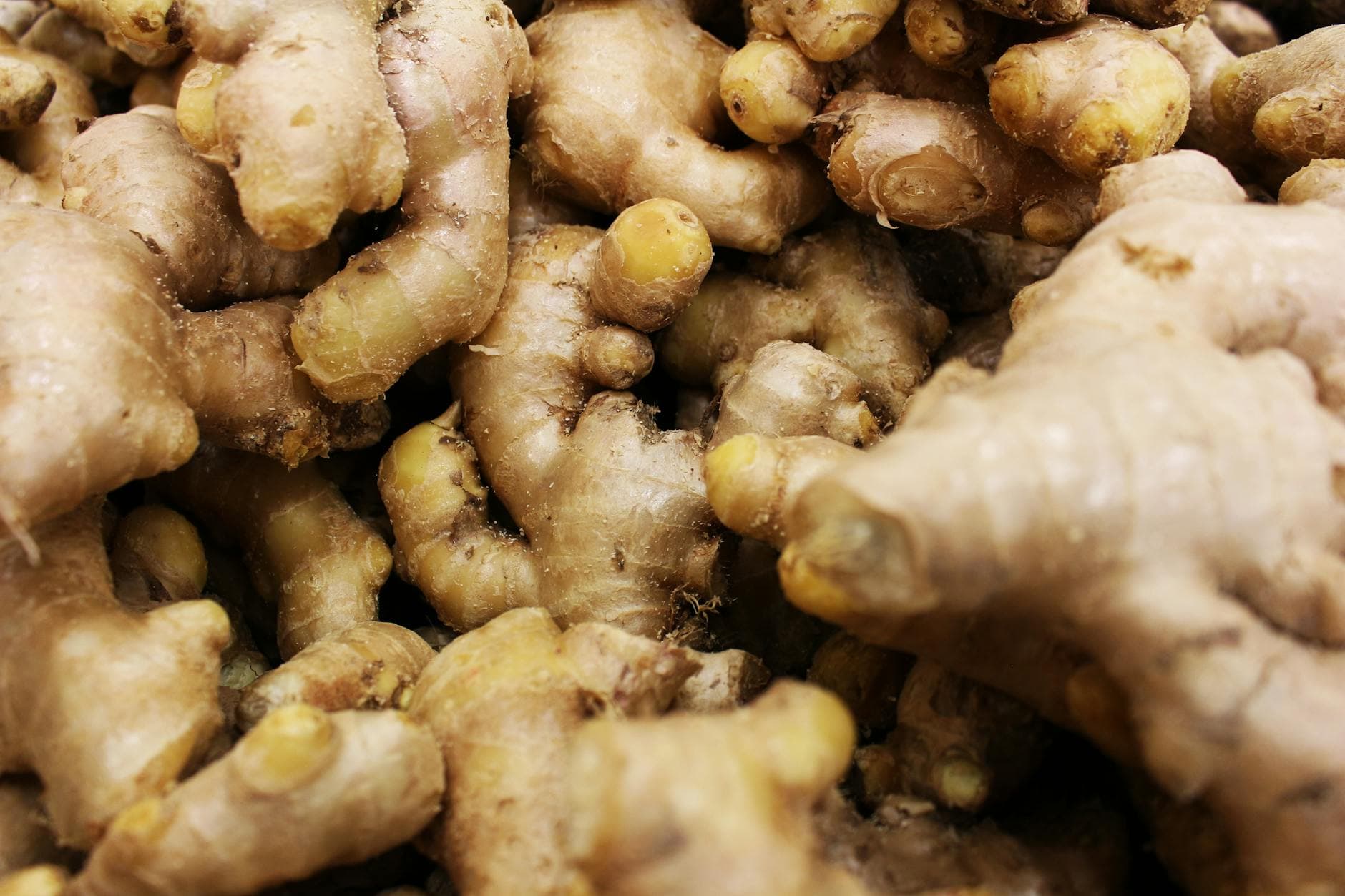For many parents, the struggle of getting children to fall asleep and stay asleep is a familiar one. While sleep is fundamental for a child's growth, development, and overall well-being, achieving consistent, quality rest can be a significant challenge. From bedtime battles to restless nights, sleep disruptions in children can impact the entire household, leading to stress and exhaustion for both kids and caregivers. At Healbal, we believe in gentle, natural approaches to support your child's health. This comprehensive guide will explore common reasons behind childhood sleep issues and offer 7 gentle, natural remedies to foster peaceful nights and promote restorative sleep for your little ones.
Understanding the root causes of sleep disturbances is the first step toward finding effective solutions. By focusing on creating a serene environment, establishing calming routines, and utilizing child-safe natural aids, you can empower your child to develop healthy sleep habits that will benefit them for years to come. Let's explore how to bring more tranquility to your family's nights.
Causes
What Causes Childhood Sleep Problems?
Several factors can contribute to children's difficulty falling or staying asleep. Identifying these underlying causes is crucial for choosing the most effective natural interventions:
- Inconsistent Routines: A lack of a predictable bedtime routine can disrupt a child's internal clock, making it harder to wind down and recognize sleep cues.
- Overstimulation Before Bed: Engaging in exciting activities, excessive screen time (TV, tablets, phones), or bright lights too close to bedtime can interfere with melatonin production, the hormone essential for sleep.
- Environmental Factors: A sleep environment that is too noisy, too bright, too hot, or too cold can prevent a child from settling into restful sleep.
- Dietary Choices: While less common than in adults, consuming sugary snacks, caffeine (from sodas, chocolate), or heavy meals close to bedtime can disrupt sleep patterns.
- Anxiety and Stress: Children, like adults, can experience anxiety related to school, friendships, family changes, or even fear of the dark, which can manifest as difficulty sleeping.
- Physical Discomfort: Minor ailments such as teething pain, colds, allergies, or even growing pains can make falling asleep uncomfortable.
- Sleep Associations: Relying on external cues like being rocked, fed, or driven to sleep can make it challenging for children to fall back asleep independently when they wake during the night.
- Lack of Daytime Activity: Insufficient physical activity during the day can mean a child isn't adequately tired by bedtime, leading to restless energy.
Symptoms
Recognizing Symptoms of Sleep Deprivation in Children
Persistent sleep issues can have a significant impact on a child's daily functioning and mood. It's important for parents to recognize the signs of insufficient sleep:
- Mood Swings and Irritability: Overtired children often become easily frustrated, tearful, or display unexpected temper tantrums.
- Difficulty Concentrating: Poor sleep can impair a child's ability to focus in school, remember information, and solve problems.
- Hyperactivity: Paradoxically, sleep-deprived children may appear overly energetic, impulsive, or restless as their bodies attempt to compensate for fatigue.
- Frequent Meltdowns: A lack of adequate rest reduces a child's emotional resilience, leading to more frequent or intense emotional outbursts.
- Falling Asleep During the Day: Napping unexpectedly in car seats, during quiet activities, or even in school is a clear indicator of insufficient nighttime sleep.
- Increased Illness Frequency: Chronic sleep deprivation can weaken a child's immune system, making them more susceptible to colds and other infections.
- Changes in Appetite: Sleep disturbances can sometimes lead to an increase or decrease in appetite, and cravings for unhealthy foods.
Natural Remedies
7 Gentle, Natural Remedies for Better Childhood Sleep
Implementing these natural strategies can significantly improve your child's sleep quality without relying on pharmaceutical interventions:
- Establish a Consistent Bedtime Routine: A predictable sequence of calming activities signals to your child's body that it's time to wind down. This could include a warm bath, a gentle story, quiet play, or soft singing. Consistency, even on weekends, helps regulate their internal clock. Aim for a 20-30 minute routine that occurs at the same time nightly.
- Optimize the Sleep Environment: Create a dark, quiet, and cool bedroom (ideally between 68-72°F or 20-22°C). Use blackout curtains to block external light, and consider a white noise machine or fan to mask disruptive sounds. Ensure the room is tidy and free from clutter that might overstimulate.
- Limit Screen Time Before Bed: The blue light emitted by electronic devices (TVs, tablets, smartphones) can suppress melatonin production, making it harder to fall asleep. Implement a
Herbal Treatments
Gentle Herbal Support for Children's Sleep
While natural, always consult with a pediatrician or qualified herbalist before introducing new herbal remedies to children, especially infants and toddlers. Dosage and suitability vary greatly with age and individual health. These herbs are generally considered safe and gentle for most children when used appropriately:
- Chamomile (Matricaria chamomilla):
Renowned for its calming and mild sedative properties, chamomile is an excellent choice for children. It helps relax the nervous system and can ease anxiety and restlessness. It also has mild anti-inflammatory properties that can soothe minor discomforts.
Usage: A weak, lukewarm chamomile tea (steep half a tea bag or a small pinch of dried flowers for 2-3 minutes) can be given in small amounts (a few sips to half a cup, depending on age) about 30 minutes before bedtime. Chamomile can also be added to a warm bath for a relaxing soak. Ensure the tea is caffeine-free. - Lavender (Lavandula angustifolia):
The soothing aroma of lavender is widely recognized for promoting relaxation and reducing stress. It's often used to create a tranquil environment conducive to sleep.
Usage: Diluted lavender essential oil (1-2 drops per tablespoon of carrier oil like almond or jojoba oil) can be gently massaged onto the child's feet or temples. Alternatively, a few drops can be added to a warm bath, diffused in the bedroom (ensure good ventilation), or sprayed on a pillow (diluted in water). Always ensure high-quality, pure essential oil and never apply undiluted to skin. - Lemon Balm (Melissa officinalis):
Lemon balm is a gentle herb known for its calming effect on the nervous system and its ability to reduce anxiety and promote restful sleep. It's often used for children experiencing nervous restlessness or mild insomnia.
Usage: A mild lemon balm tea can be prepared similarly to chamomile tea. Its pleasant, slightly citrusy flavor often appeals to children. It can be given in small quantities before bed.
Prevention
Preventative Measures for Long-Term Healthy Sleep Habits
Establishing good sleep hygiene early on is the best prevention against future sleep struggles. Consider these proactive steps:
- Maintain a Consistent Sleep Schedule: This is the cornerstone of good sleep. Try to keep wake-up and bedtimes similar every day, even on weekends, to regulate your child's circadian rhythm.
- Prioritize Naps for Younger Children: Appropriate daytime naps are crucial for toddlers and preschoolers. Overtiredness can actually make it harder for children to fall asleep at night.
- Create a










